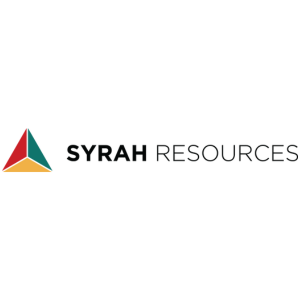Opening Presidential Keynote address on 2nd February 202
Your Excellencies, Ministers and Deputy Ministers, Leaders of industry, labour and civil society, Distinguished guests, Ladies and Gentlemen. It is my distinct honour and privilege to address this 27th African Mining Indaba.
While the coronavirus pandemic prevents us from gathering together this year, we welcome the opportunity that technology provides for a meaningful engagement among us.
Like all industries – here and across the world – mining, energy and associated economic activity has been disrupted by the pandemic. Apart from the direct effects of the pandemic on production, the wider challenges in the global economy have impacted on commodity prices and the performance of our currency. The movement in such indicators is important for the South African economy, where mining accounts for about eight per cent of our GDP.
In the midst of the disruption caused by the pandemic, South African mining has once again shown tremendous resilience and ability to come back. For example, South African mining companies have had a strong showing on the Johannesburg Stock Exchange in 2020.
Mining production has had an impressive recovery following the phased return of mining activity from the start of the coronavirus alert level 4. According to Statistics South Africa, the mining and quarrying industry was among the biggest contributors to growth in the third quarter of 2020. As a signal of the extent of the disruption earlier in the year and the scale of its recovery, the industry recorded quarter-on-quarter growth of 288 per cent in the third quarter of 2020.
Higher production was mainly due to increased activities in the platinum group metals, iron ore, gold, manganese ore and diamonds. The ability of mining to weather the storm relatively well is also thanks to the positive working relations between government and the mining industry.
This is something we should continue to build on. We should adapt to the realities of the COVID-19 era, provide greater policy certainty, attract higher levels of investment and protect livelihoods at the same time.
Sustainable mining is key to accelerated industrialisation, innovation, competition, and creating employment.
To ensure that we increase the contribution of both mining and energy to meeting our developmental aspirations, we have taken significant steps to resolve policy and regulatory issues that investors have identified previously and raised with us as constraints to greater investment.
As South Africa, it is our aspiration that the recovery from COVID-19 furthers the cause of a more inclusive economy. The mining sector should strive for greater sustainability, competitiveness and transformation.
Mining companies should foster an inclusive approach to all aspects of mining, from ownership to participation in management and also to procurement. There should be greater inclusion of women and women-owned businesses in all these areas.
Mining companies should strive to incorporate and actively implement environmental, social and governance standards into all aspects of their business decisions and operations. The Social and Labour Plans are critical to ensuring that mining communities benefit from mining activities in their areas, so that no-one is left behind.
Industry must step up their efforts to provide employment, business and training opportunities to people in the communities in which mining companies operate.
All of these elements are included in the Mining Charter, which was extensively canvassed among industry stakeholders. It is important that our commitment to transformation extends beyond compliance, but is understood as creating shared value and prosperity for the people of South Africa.
Alongside our transformation imperatives, we continue to drive policy reform in the sector. We want to promote greater exploration and beneficiation in minerals and upstream petroleum activities, especially developing our domestic and regional gas market.
To grow existing mining activity we are working with industry to formalise small scale and artisanal mining, revitalise sterile mines and discover new minerals, especially those that are critical for the economy of the future.
Reliable and affordable energy supply is the lifeblood of mining and a catalyst to economic growth and development. We have witnessed the adverse impact of high costs and unreliable energy supply on the mining sector in South Africa.
That is why we are intensely engaged in the implementation of our Integrated Resource Plan. Through this plan, we are working to broaden our energy mix, enable energy generation for own use, and reform and strengthen the capacity of the state power utility, Eskom.
We call on stakeholders, in both government and in the private sector, to work with us in providing energy that increases production in all sectors of the economy, all the while promoting job creation, growth and opportunities.
Throughout this pandemic, the mining and energy sectors have done well in protecting the health and the lives of their workers through the development of a clear set of guidelines and directives and building partnerships with all role players.
However, this task is far from complete. The mining sector, like every other sector in the economy, must continue to ensure that workplace observation of public health protocols like handwashing, wearing masks and social distancing becomes the norm.
We must continue to ensure that all workers have access to the personal protective equipment they need.
As we embark on a COVID vaccination programme that is unprecedent in its scale and reach, we must work together to ensure that workers who need the vaccine receive it.
I am immensely encouraged by the positive sentiment from the mining industry, as expressed by the Minerals Council, towards the vaccine rollout.
Mining companies are well-placed to support the vaccine programme given their experience with managing tuberculosis and HIV among their employees.
We must continue to ensure that the health and safety of mineworkers remains a priority, but this must also apply to mineworkers families.
Mining leaders must confront and take decisive action to help the industry reduce fatalities, injuries and occupational diseases.
They need to empower employees through training and other initiatives.
We need to continue with our collaborative efforts to ensure that the goal of ‘Zero Harm’ is achieved by ensuring rigorous compliance with the provisions of the Mine Health and Safety Act.
A safe and healthy modern mining sector is one that is competitive, attractive for investment, but that is also technologically innovative.
It also needs to be prepared and capacitated to respond to unforeseen disasters, unforeseen pandemics and crises in the future.
I have the utmost confidence that this year’s Investing in African Mining Indaba will help to position mining as a catalytic, transformative, innovative and developmental industry.
I thank you.
While the coronavirus pandemic prevents us from gathering together this year, we welcome the opportunity that technology provides for a meaningful engagement among us.
Like all industries – here and across the world – mining, energy and associated economic activity has been disrupted by the pandemic. Apart from the direct effects of the pandemic on production, the wider challenges in the global economy have impacted on commodity prices and the performance of our currency. The movement in such indicators is important for the South African economy, where mining accounts for about eight per cent of our GDP.
In the midst of the disruption caused by the pandemic, South African mining has once again shown tremendous resilience and ability to come back. For example, South African mining companies have had a strong showing on the Johannesburg Stock Exchange in 2020.
Mining production has had an impressive recovery following the phased return of mining activity from the start of the coronavirus alert level 4. According to Statistics South Africa, the mining and quarrying industry was among the biggest contributors to growth in the third quarter of 2020. As a signal of the extent of the disruption earlier in the year and the scale of its recovery, the industry recorded quarter-on-quarter growth of 288 per cent in the third quarter of 2020.
Higher production was mainly due to increased activities in the platinum group metals, iron ore, gold, manganese ore and diamonds. The ability of mining to weather the storm relatively well is also thanks to the positive working relations between government and the mining industry.
This is something we should continue to build on. We should adapt to the realities of the COVID-19 era, provide greater policy certainty, attract higher levels of investment and protect livelihoods at the same time.
Sustainable mining is key to accelerated industrialisation, innovation, competition, and creating employment.
To ensure that we increase the contribution of both mining and energy to meeting our developmental aspirations, we have taken significant steps to resolve policy and regulatory issues that investors have identified previously and raised with us as constraints to greater investment.
As South Africa, it is our aspiration that the recovery from COVID-19 furthers the cause of a more inclusive economy. The mining sector should strive for greater sustainability, competitiveness and transformation.
Mining companies should foster an inclusive approach to all aspects of mining, from ownership to participation in management and also to procurement. There should be greater inclusion of women and women-owned businesses in all these areas.
Mining companies should strive to incorporate and actively implement environmental, social and governance standards into all aspects of their business decisions and operations. The Social and Labour Plans are critical to ensuring that mining communities benefit from mining activities in their areas, so that no-one is left behind.
Industry must step up their efforts to provide employment, business and training opportunities to people in the communities in which mining companies operate.
All of these elements are included in the Mining Charter, which was extensively canvassed among industry stakeholders. It is important that our commitment to transformation extends beyond compliance, but is understood as creating shared value and prosperity for the people of South Africa.
Alongside our transformation imperatives, we continue to drive policy reform in the sector. We want to promote greater exploration and beneficiation in minerals and upstream petroleum activities, especially developing our domestic and regional gas market.
To grow existing mining activity we are working with industry to formalise small scale and artisanal mining, revitalise sterile mines and discover new minerals, especially those that are critical for the economy of the future.
Reliable and affordable energy supply is the lifeblood of mining and a catalyst to economic growth and development. We have witnessed the adverse impact of high costs and unreliable energy supply on the mining sector in South Africa.
That is why we are intensely engaged in the implementation of our Integrated Resource Plan. Through this plan, we are working to broaden our energy mix, enable energy generation for own use, and reform and strengthen the capacity of the state power utility, Eskom.
We call on stakeholders, in both government and in the private sector, to work with us in providing energy that increases production in all sectors of the economy, all the while promoting job creation, growth and opportunities.
Throughout this pandemic, the mining and energy sectors have done well in protecting the health and the lives of their workers through the development of a clear set of guidelines and directives and building partnerships with all role players.
However, this task is far from complete. The mining sector, like every other sector in the economy, must continue to ensure that workplace observation of public health protocols like handwashing, wearing masks and social distancing becomes the norm.
We must continue to ensure that all workers have access to the personal protective equipment they need.
As we embark on a COVID vaccination programme that is unprecedent in its scale and reach, we must work together to ensure that workers who need the vaccine receive it.
I am immensely encouraged by the positive sentiment from the mining industry, as expressed by the Minerals Council, towards the vaccine rollout.
Mining companies are well-placed to support the vaccine programme given their experience with managing tuberculosis and HIV among their employees.
We must continue to ensure that the health and safety of mineworkers remains a priority, but this must also apply to mineworkers families.
Mining leaders must confront and take decisive action to help the industry reduce fatalities, injuries and occupational diseases.
They need to empower employees through training and other initiatives.
We need to continue with our collaborative efforts to ensure that the goal of ‘Zero Harm’ is achieved by ensuring rigorous compliance with the provisions of the Mine Health and Safety Act.
A safe and healthy modern mining sector is one that is competitive, attractive for investment, but that is also technologically innovative.
It also needs to be prepared and capacitated to respond to unforeseen disasters, unforeseen pandemics and crises in the future.
I have the utmost confidence that this year’s Investing in African Mining Indaba will help to position mining as a catalytic, transformative, innovative and developmental industry.
I thank you.



.jpg?ext=.jpg)
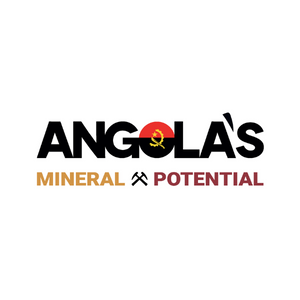
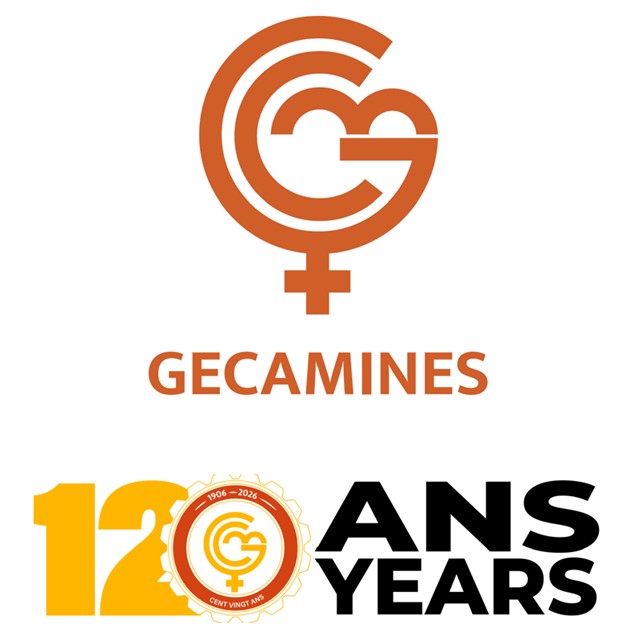
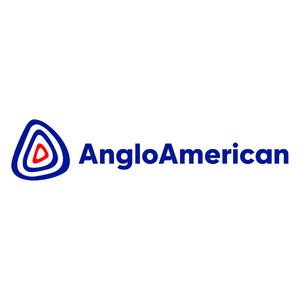

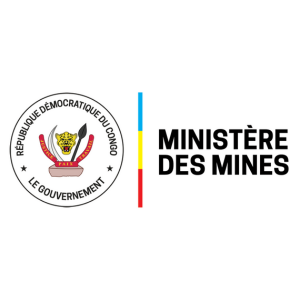
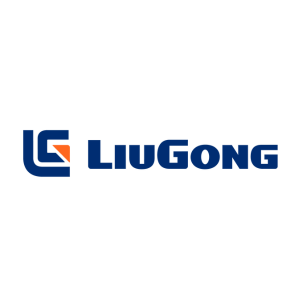
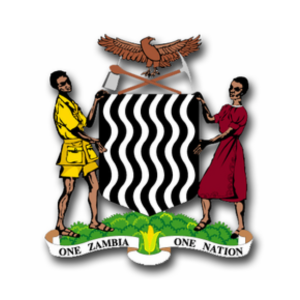

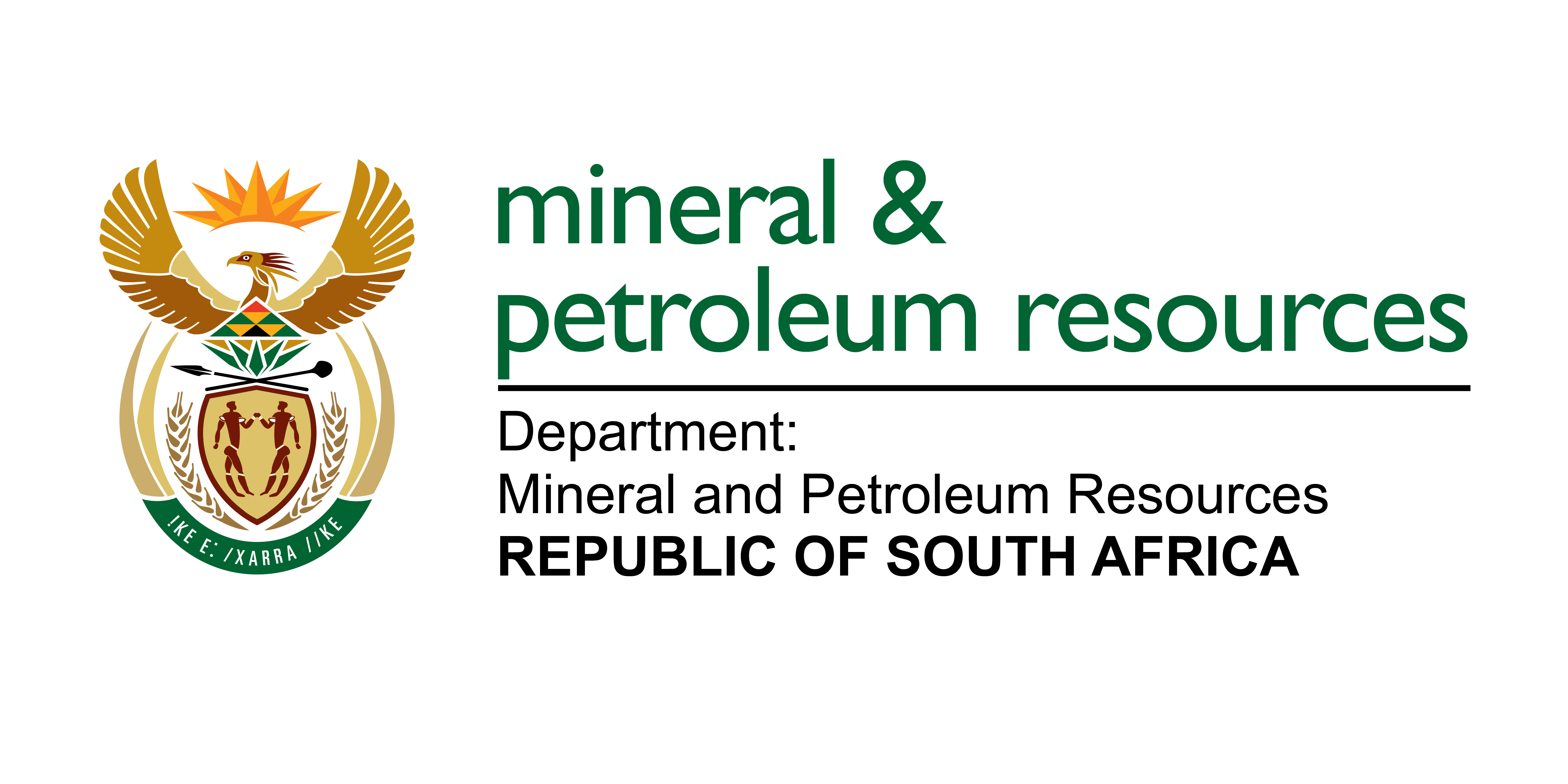-Logo_CMYK_1.jpg?width=1000&height=500&ext=.jpg)
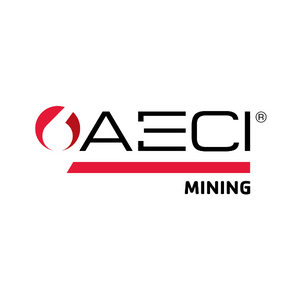



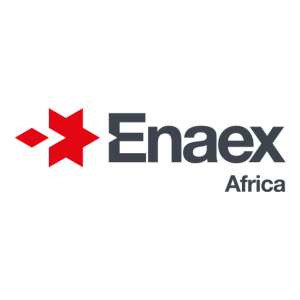


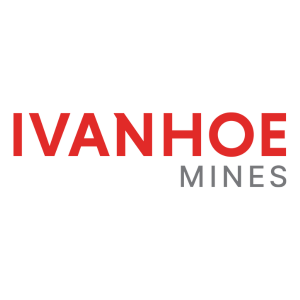
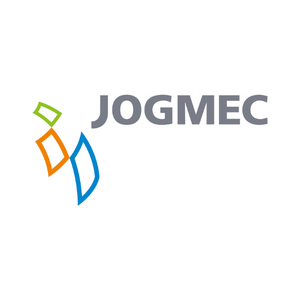

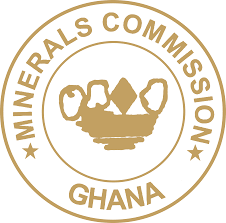
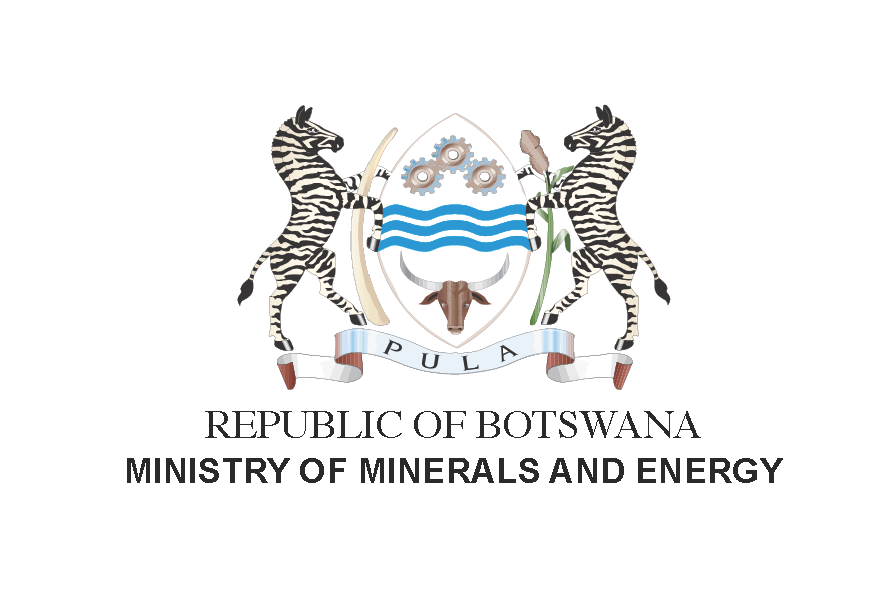.png?width=300&height=208&ext=.png)
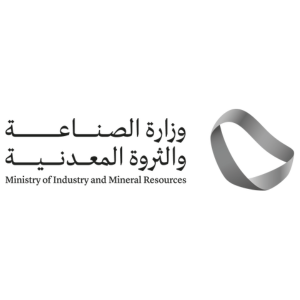
_mi25-weblogo.png?ext=.png)
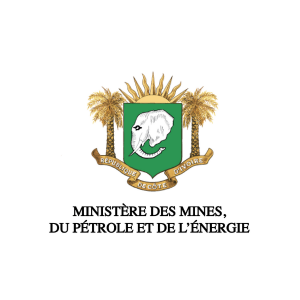
_1.png?ext=.png)


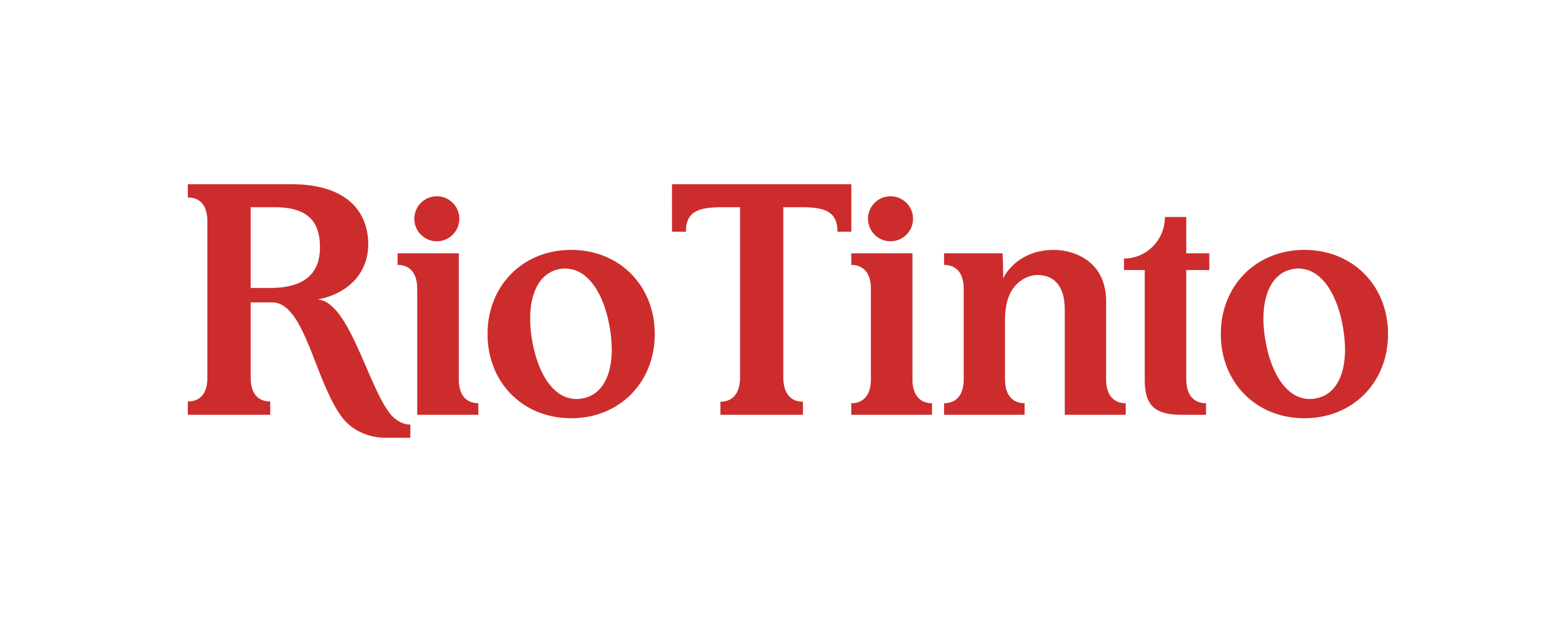



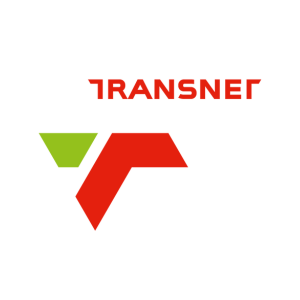





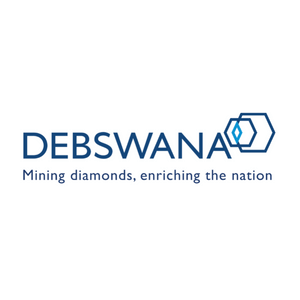



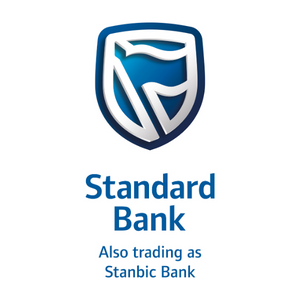


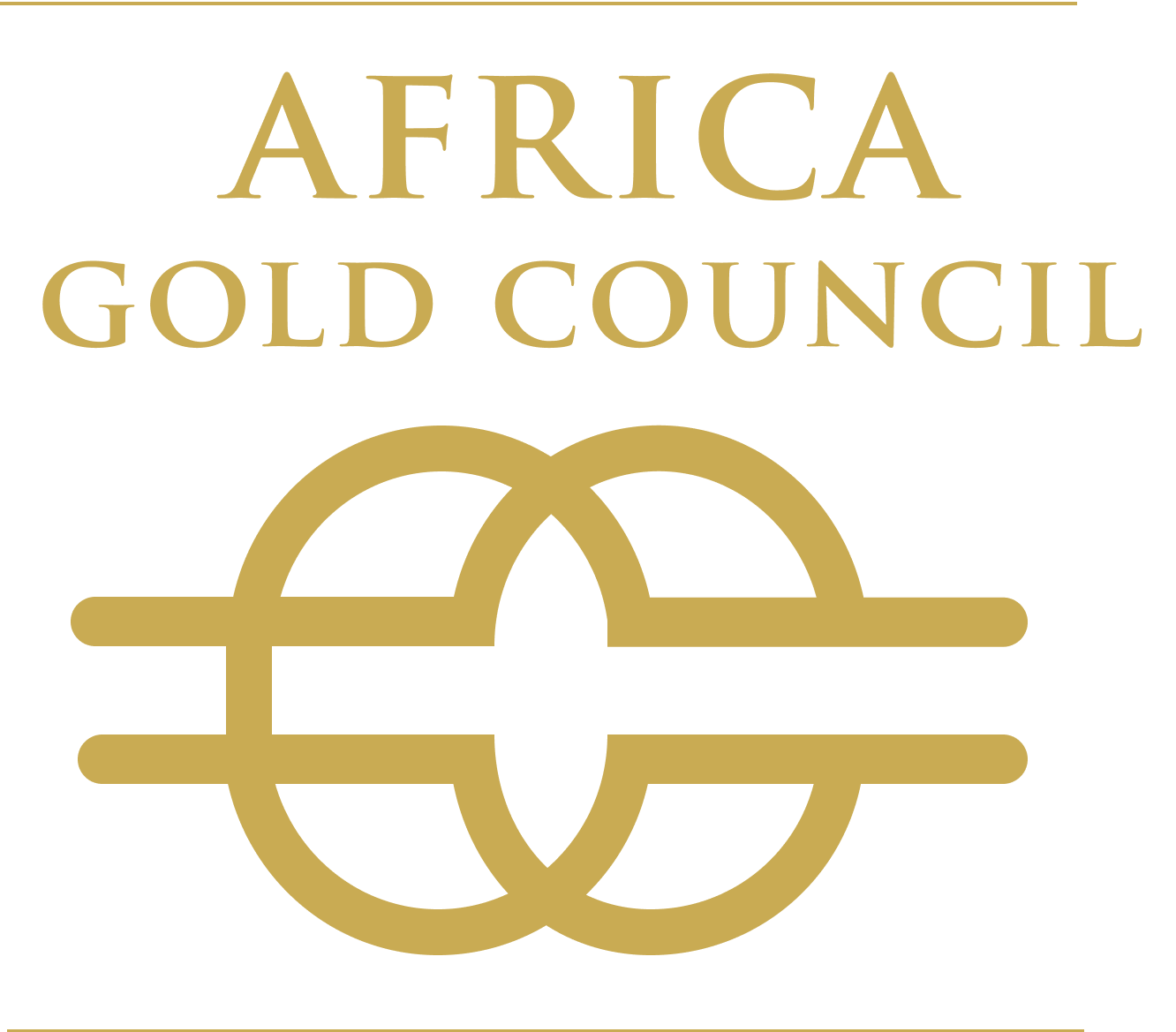

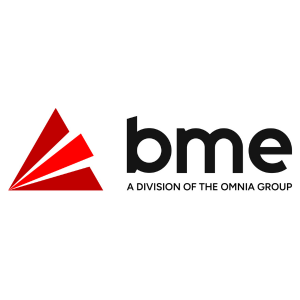








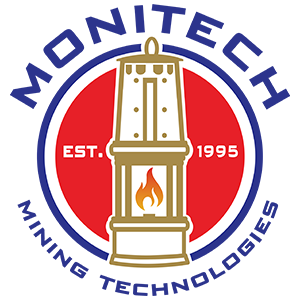




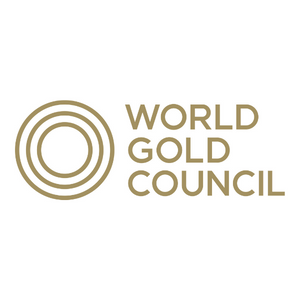
_logo.png?ext=.png)

_mi25-weblogo.png?ext=.png)


